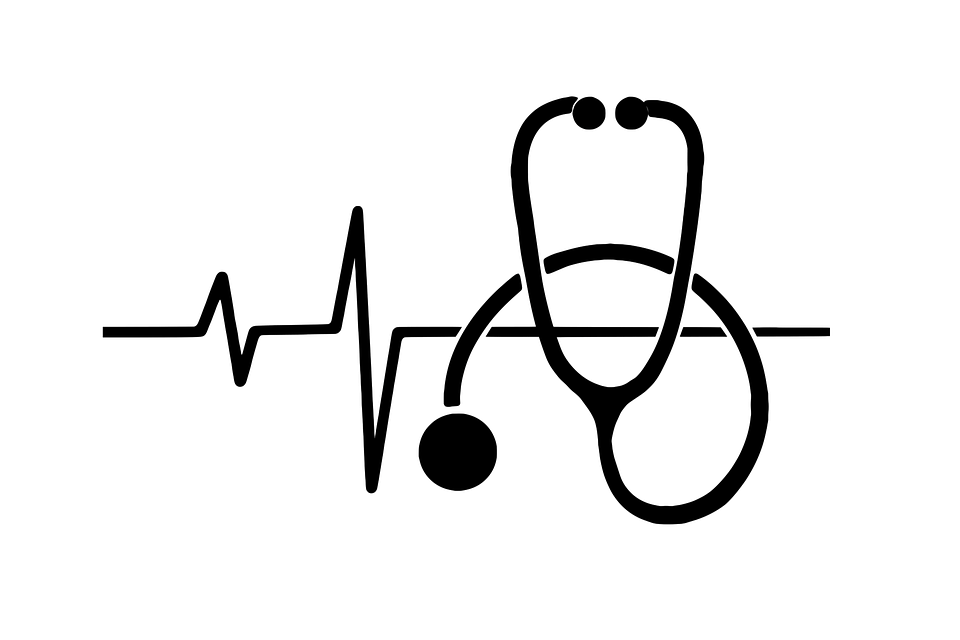Doctors who treat vascular problems are called vascular surgeons. They are trained in general surgery but focus on veins and arteries. Arteries and veins are the main vessels carrying blood to all your organs. At Pulse Vascular, you will find vascular surgeons for all your peripheral vein issues.
What Are The Main Tasks of A Vascular Surgeon?
Treating multiple veins and artery diseases is the main task vascular surgeons deal with daily. They perform both invasive and non-invasive procedures with extreme safety and following certain protocols. However, vascular surgeons are not responsible for brain arteries and veins, which belong to the scientific field of neurosurgeons.
Lately, vascular surgeons have been trained in offering endoscopic techniques to treat thrombosis of veins and arteries. They can perform an ultrasound to inspect the level of vessels’ clogging with cholesterol plaques. As a result, they can assess patients and remove these clots by inserting a catheter and stents to keep the vessels open.
Vascular surgeons also give wellness advice to their patients.
What Is a Vascular Surgeon’s Training and Education?
Every vascular surgeon has been through excessive education and training to earn his license to treat patients. They need to attend and graduate with honors from medical school. It’s a four or five-year educational program including both theoretical and practical courses.
After graduating from medical school, a vascular surgeon needs to become a resident in an accredited Vascular Surgery clinic. Typically, a five-year training in general surgery and a supplementary two-year program in vascular surgery are required to become licensed as vascular surgeons.
Which Are The Most Common Conditions Vascular Surgeons Treat?
Vascular surgeons are trained to treat all acute and chronic conditions affecting veins and arteries. The most common of them include the following diseases:
- Atherosclerosis: It’s a disease characterized by cholesterol-rich plaques created in the vessels’ internal layer. Removing these plaques and giving advice to patients for a new diet and a healthier lifestyle is their goal.
- Carotid artery disease: Carotid arteries are situated in the neck and control the blood passing to your brain. Their narrowing could be the main reason for the stroke disease or even sudden death.
- Deep vein thrombosis: It’s a common disease in lower limb internal veins. Blood clots are created there, and vascular surgeons should find a minimally invasive way to remove them before they cause life-threatening events like pulmonary embolism.
- Aneurysm: Central arteries (mostly the thoracic and abdominal parts of the aorta) could have a loosened internal layer seen as a bulge or weak spot on ultrasound. If that spot breaks when blood pressure suddenly rises, death may come in minutes from internal bleeding. It’s a massive surgery and one of the hardest that vascular surgeons are trained to perform.
- Vessels’ injuries: Vascular surgeons perform surgeries to fix injured arteries and vessels due to accidents or gunshots.
- Varicose veins: It’s one of the conditions treated by vascular surgeons and has to do with cosmetic medicine. Varicose veins develop on the lower limbs’ superficial vessel system, appearing as swollen and twisted areas.
What Should You Expect From Your First Visit to a Vascular Surgeon?
Your vascular surgeon should seek information about your medical records and your family history at your initial appointment. In addition, you must present to him all recent blood tests and imaging examinations you have already performed. Vascular surgeons collaborate with ultrasound specialists to perform CT scans, magnetic resonance imaging (MRI), and other ultrasound tests to check your vessels’ physiology and blood circulation.
You may also get referred to a vascular surgeon from another specialty. Most commonly, cardiologists are the doctors who first diagnose a peripheral vascular disease and refer their patients to an affiliated vascular surgeon. Since they perform both surgical and non-surgical treatments, you would not be required to join them in hospital facilities.
When It’s Necessary To Visit a Vascular Surgeon?
People who are obese, have high blood pressure, are diabetic, or heavy smokers should certainly have an appointment with a vascular surgeon. All these health conditions or lifestyles have a direct impact on your vessels. Especially when you are over the age of 50, it’s time you had a full vessel scan to ensure that your blood circulation is normal and efficient.
Despite the general impression, vascular surgeons perform many minimally invasive techniques that could save your life. They may also improve your legs’ appearance and restore their seductive image.
Never postpone a visit to your vascular surgeon, especially when you have the first symptoms of abnormal blood circulation and high blood pressure.

